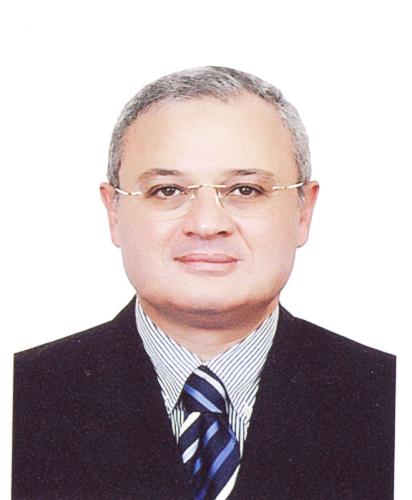
Photo: Tourism Minister Hisham Zaazou
(Photo Courtesy Tourism Ministry official Website)
Minister of Tourism Hisham Zaazou arrived to Tehran on Monday for a five day visit in which he will meet with a number of high-level Iranian government officials. The visit is aimed to increase the flow of tourists between the two countries, according to the Egyptian Ministry of Tourism.
Zaazou and his delegation will meet with government officials, tourism companies, and travel agencies to discuss easing restrictions on tourists from both countries to travel between Egypt and Iran.
The minister also announced that he submitted a memorandum to President Mohamed Morsi to remove visa requirements for Moroccan, Algerian, and Tunisian citizens to enter Egypt.
Zaazou said the government was open to welcoming more Arab tourists into Egypt from both the Gulf and North African regions, according to state-owned Al-Ahram.
He claimed that 2012 brought 5.11 million tourists to Egypt and approximately $10bn, saying the tourism ministry wanted to return to bringing 15 million tourists annually, like it was before the revolution.
The minister blamed the foreign media for the decline in tourism, saying it portrayed a deceptive image of the country by focusing on small confined areas such as Tahrir Square and the presidential palace rather than highlighting the other largely stable parts of the country, particularly tourism locales.
Tourism, an integral part of the Egyptian economy, has dropped significantly since the revolution. The ministry claims that cultural tourism has taken the biggest hit. Beach tourism, especially along the Red Sea has also sustained significant losses, but Zaazou said that those areas have seen promising signs of resurgence.
Zaazou’s visit to Iran comes as part of an increased attempt at improving relations between Iran and Egypt since the revolution. Iranian President Mahmoud Ahmadinejad visited Cairo earlier this month, making him the first Iranian head of state to visit Egypt since Iran’s 1979 revolution.
Egypt, along with other regional governments, has approached Iran in an attempt to resolve the current civil war in Syria and has attempted to strengthen communications after a long period of very little bilateral cooperation between the two nations.
